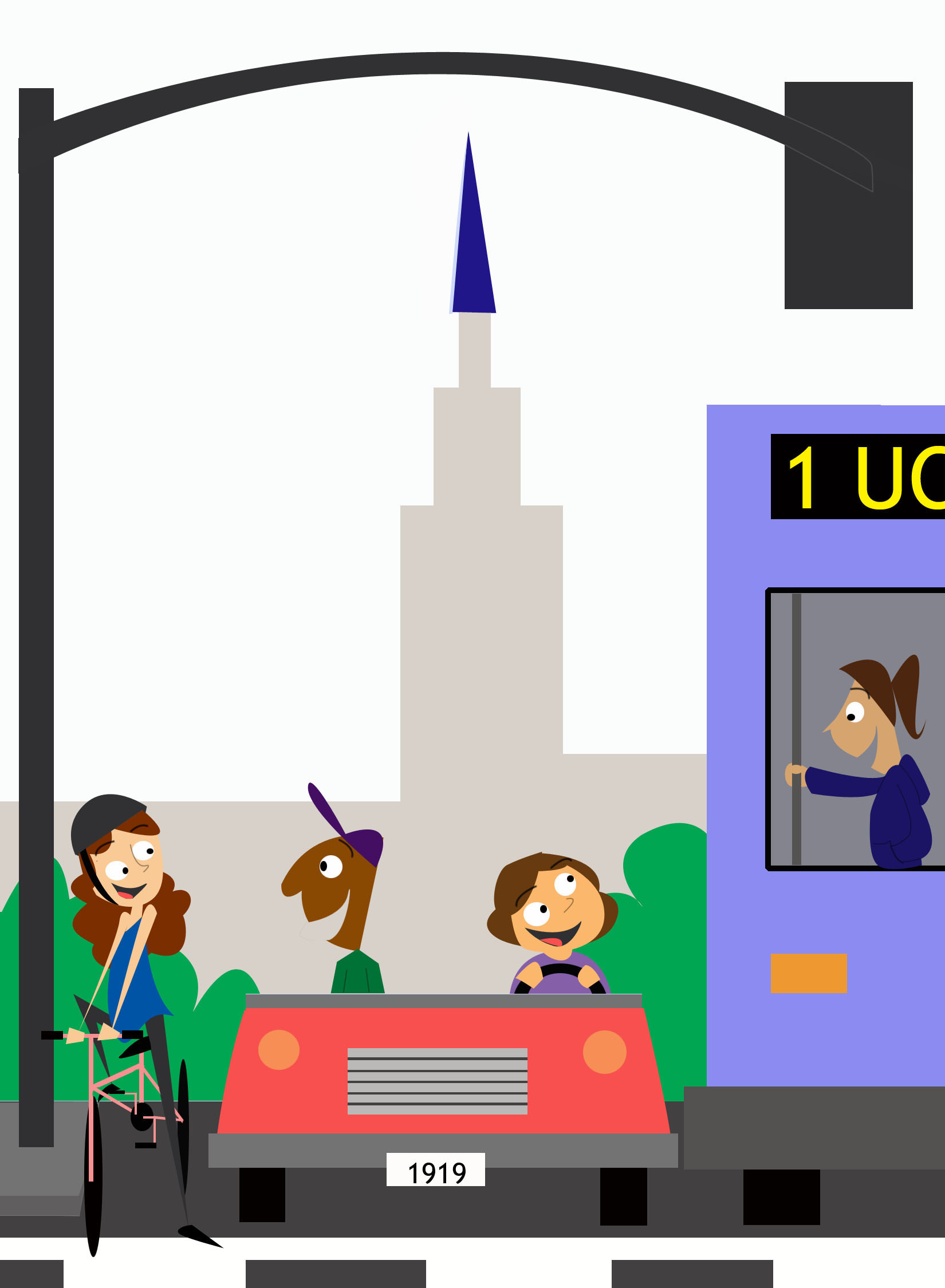A Web-based program launched by UCLA Transportation in mid-July is offering incentives for Bruins to commute to campus in an environmentally friendly manner.
Members of the Bruin Commuter Club can access services ranging from discounted parking to an emergency ride service. Students with a valid UCLA ID and faculty or staff working on campus more that 40 percent of the time are eligible to register online.
The program is designed for students, staff and faculty who carpool, vanpool, use public transportation, bike and walk to campus.
“(The Bruin Commuter Club) is a great way to connect green commuters, unite them in a single pool and commend their efforts by offering them incentives,” said Brent Pantell, a senior publication coordinator for UCLA Transportation.
Since the club’s induction on July 11, more than 1,000 members of the UCLA community have registered, the majority being staff and faculty.
The number is likely to grow when students return in September and the club begins advertising its services at events such as the annual Bruin Bash concert, said Charles Carter, a senior communications analyst for UCLA Transportation.
This marks the first Internet-based program the department has launched on such a large scale.
“The Bruin Commuter Club is really the springboard for the new way of business for alternative transportation,” said Penny Menton, associate director of UCLA Transportation.
By centering the program on an online community, Menton said the department hopes to see the formation of a community of commuters who can help create “instantaneous buzz” about green commuting practices and the program.
The potential for future Bruins to discover the program is another benefit of an Internet-based program, Menton added. Students will be able to access resources like the club before they even reach campus and will have full control over their commuting methods, she said.
The Bruin Commuter Club may also serve to relieve congestion and parking concerns in and around the Westwood area, said Rui Wang, a professor of urban planning.
Carpool programs like the Bruin Commuter Club can help reduce congestion on highways and local roads since no railway system exists to connect UCLA to other areas of Los Angeles and only one highway connects West Los Angeles with the San Fernando Valley, Wang said.
One major feature is Bruin Commuter Park, which will offer reduced parking fees for students, staff and faculty in any lot on campus.
Staff and faculty access will be set at 40 uses per year, while the student limit will be 20 uses per year, Menton said.
Programs similar to the Bruin Commuter Club have already been launched on other campuses in California, including Stanford University and UC Davis. Not all other programs, however, offer benefits to as broad a range of commuters, Menton added.
The incentives, including an annual gift card for restaurants around Southern California and Zimride, an online carpool matching program, will continue to be added to the program in 2012 to encourage ongoing sign-ups.
